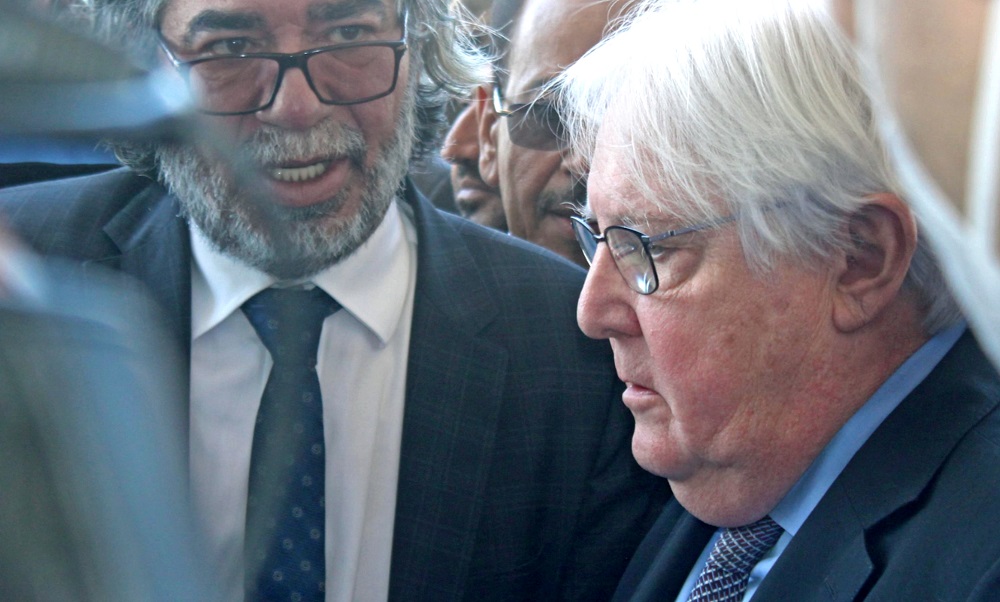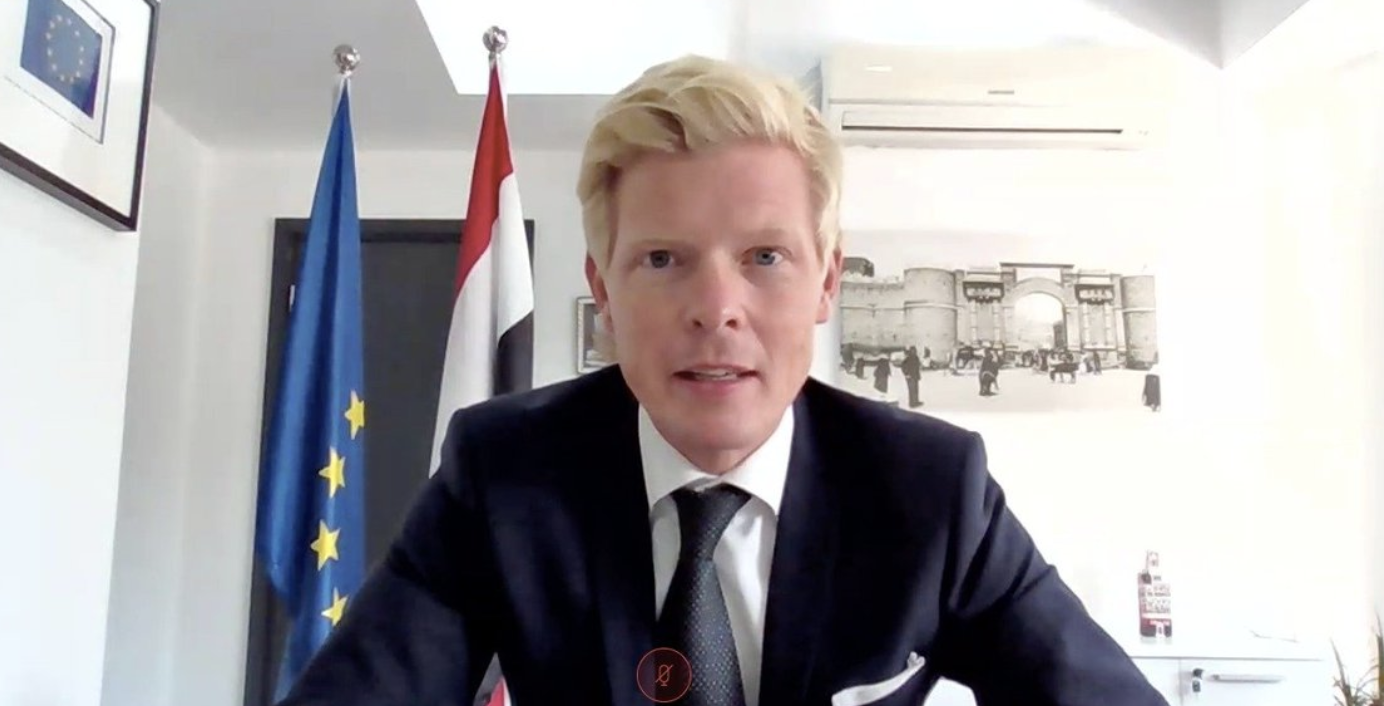Children return to classrooms in Jordan after a year away
AMMAN: Almost 774,000 students went back to school in Jordan on Sunday, in the first return to classrooms since a nationwide shutdown imposed at the height of the COVID-19 pandemic last year.
The in-class learning on Sunday saw attendance by 773,812 kindergarten, first graders and general secondary (Tawjihi) students from public and private schools and those run by UNRWA. This is to be followed by second graders the following day and third graders on Feb. 9, as per the safe return to school guidebook prepared by the education and health ministries.
Tenth and 11 graders will resume in-person education on Feb. 21, while grades four to nine will return to school on March 7, according to the guidebook.
Jordan’s Education Minister Tayseer Nuaimi told government-owned Al-Mamlakah TV: “Sunday went smooth and safe,” adding that health monitors were observing schools’ commitment to health standards.
According to the guidebook, each school will have a health monitor to observe adherence to safety measures, which also require that schools maintain a two-meter distance between each student. Schools incapable of meeting these requirements must maintain a mix of distance and in-class learning.
“The epidemic situation is changing worldwide and it is not time yet to relax our guard,” the minister said.
The guidebook stipulates that no medicine shall be given to a student suspected of infection but a parent or guardian will be contacted to have the child tested at an accredited lab or public hospital. Those testing positive must undergo home quarantine for 10 days in case they are asymptomatic or 13 days if they develop symptoms, and those who are in contact with them must also be tested.
“I am really happy to see my children receiving in-class education again,” Tahani Salman, a mother of four, said.
Salman said that she had no health concerns about her children attending in-class education “as long as there are strict health procedures in place.”
Nadine El Saket, a mother of two, said: “No matter what, in-class learning is a lot better than online learning.”
“School, not home, is students’ best place,” El Saket said. “Teacher-student interaction and outdoor activities are more useful to students than computers (online learning).”
The availability of COVID-19 vaccines has removed many health concerns, Mohammad Abdulqader, a father of three, said.
“I am happy to see my children going back to their schools after nearly a year. I want them to wake up early, go to their classes, do their homework and sleep early as during the old days. I am seriously not concerned that much with the availability of the vaccines,” Abdulqader said.
Jordan recently eased coronavirus containment measures, lifting the Friday curfew and reopening sectors that had been closed since March last year, after the kingdom witnessing an improvement in the epidemic situation. The country has also embarked on a nationwide vaccination program.
Calls for the return of in-class education have been mounting in Jordan with parents, activists and NGOs expressing dissatisfaction with online education.
The National Campaign for the Return to Schools had called on the government to take a “decisive and immediate decision” to reopen schools and nurseries.
The campaign also urged the government to allow parents to choose between in-class education and distance learning, which has been the education model since the outbreak of the pandemic.
They also demanded that online learning platforms be kept for students who did not want to return to schools but were serious about continuing their education online.
Save the Children Jordan said that the closure of nurseries and schools had been a “challenge to all children, especially the younger ones, in light of the importance of early education to ensure children improve their capabilities, release their energies and boost their mental growth.”
The relief organization said that early education contributed to children’s social and emotional development, and preserved their physical health, making remote education “a hindrance.”
Addressing the Lower House ahead of a vote of confidence in early January, Prime Minister Bisher Al-Khasawneh announced the gradual return of students to schools starting this coming second semester in accordance with safety protocols.
King Abdullah directed the government to reopen schools and various sectors in a systematic manner that safeguarded public health and the national economy.






Jordan recovers bodies of 3 swept away in flash floodGyms reopen in Jordan as pandemic ebbs, but new variants pose risks



